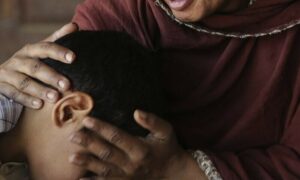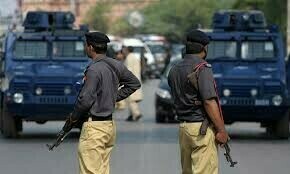Each year on March 8th, women from all corners of Pakistan come together to march for their rights and advocate for an end to gender-based violence and discrimination. The Women’s Empowerment Movement, formerly known as the Aurat March, has become a significant force for women’s rights in Pakistan. Despite progress, the challenges faced by women remain pervasive and deeply rooted in the patriarchal society.
One of the most pressing issues is violence against women, including domestic violence, honor killings, acid attacks, and sexual harassment. Unfortunately, many perpetrators of these crimes evade punishment due to inadequate enforcement and victim-blaming attitudes. The Women’s Empowerment Movement aims to hold perpetrators accountable for their actions and end victim-blaming. Women’s safety is a fundamental human right, and the movement strives to make this a reality in Pakistan.
Limited access to education and job opportunities is another challenge faced by women in Pakistan. This is due to a patriarchal mindset that restricts women to traditional roles as homemakers and limits their economic independence. The Women’s Empowerment Movement demands equal access to education and job opportunities, recognizing that women’s success benefits the country’s economic growth and development.
Reproductive rights are a controversial topic in conservative Pakistani society. The Women’s Empowerment Movement recognizes that women’s reproductive health is essential to their overall well-being and advocates for safe and legal abortion services. Comprehensive sex education in school curriculums is also an important aspect of the movement’s agenda.
The Women’s Empowerment Movement has faced criticism from conservative groups who view their demands as contrary to cultural and religious values. However, the movement argues that reproductive rights are a personal choice and should be respected.
The Women’s Empowerment Movement is a crucial force for change in Pakistan. It raises awareness of the issues faced by women and demands change from the government and society. It is essential to take these issues seriously and work towards creating a more equitable and just society for women in Pakistan. By doing so, Pakistan can truly move towards progress and development










